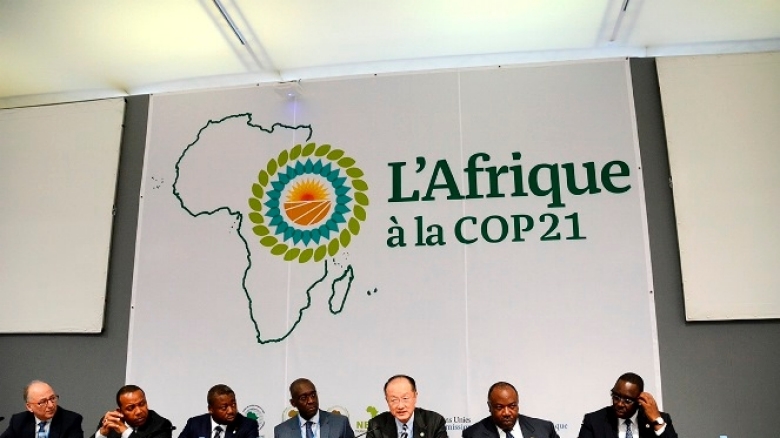With the passing of a global climate change agreement on December 12, the World Bank Group is moving quickly to help countries achieve the pledges they have made in Paris.
More than 180 countries have submitted Intended Nationally Determined Contributions – or INDCs – to the UN Framework Convention on Climate Change (UNFCCC) in the run-up to or during its 21st Conference of Parties (COP21) in Paris. The INDCs spell out what the countries plan to do to reduce emissions and adapt to climate change.
The World Bank Group works with more than 130 of those countries.
“We welcome the historic agreement that has just been reached in Paris,” said World Bank Group President Jim Yong Kim. “The world has come together to forge a deal that finally reflects the aspiration, and the seriousness, to preserve our planet for future generations. The World Bank Group is ready to help immediately and will do its utmost to realize this vision.”
The World Bank Group is now finalizing a Climate Change Action Plan that will help to integrate climate considerations across the institution’s operations, and make it easier to deliver comprehensive packages of financing, technical assistance and knowledge to help countries adapt to climate change and transition to a low carbon economy.
Integrated Climate Action
The recent Shock Waves report demonstrates that ending poverty and addressing climate change cannot be separated – that if left unchecked, climate change impacts could push more than 100 million people into poverty over the next 15 years. To prevent this, the report calls for an immediate implementation of “climate-smart” development and measures to adapt to climate impacts.
A large proportion of the Bank Group’s work is already dedicated to such climate-smart development and adaptation, including investments and activities in renewable energy and energy efficiency, natural resources management, low-carbon urban development, resilient agriculture, and sustainable water management.
Just prior to the Paris talks, the World Bank announced the Africa Climate Business Plan, which calls for $16 billion in funding to help African people and countries adapt to climate change and build up the continent’s resilience to climate shocks. Of that, $5.7 billion is expected to come from the International Development Association (IDA), the arm of the World Bank Group that supports the poorest countries.




